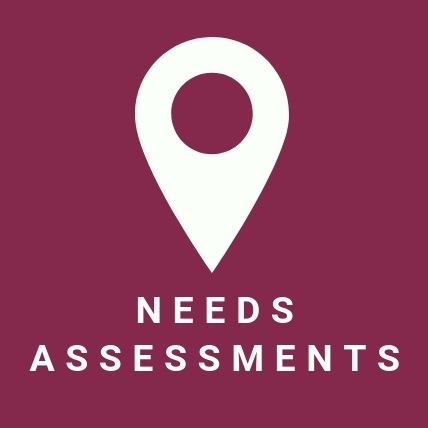Projects
CCBR typically has 15-20 ongoing projects and has completed over 500 projects since 1982. Each project is guided by our commitment to impacting social change in practical and powerful ways. We conduct research with people not on people, cultivating respect with communities at every step of the process.
Projects can be searched for using words from the project title or using the service area, theme, or date range for the project. You can also type 'Service Area' or 'Theme' into the search bar to get a list of options in each of these fields.
Projects
The purpose of this project was to develop a Social Inclusion Nexus for Mennonite Centre Committee Ontario. This Social Inclusion Nexus is a center for collaborative action-oriented learning to initiate and evaluate innovative strategies for social inclusion.
The purpose of this project was to analyse and summarize survey data as a part of the larger strategic planning process for the Anglican Church. The survey was administered among clergy, lay staff, parishioners, and the broader community in Huron County Ontario.
CCBR developed a synthesis report for Food Banks Canada that summarized the 2020 Capacity Boost Grant Recipient Reports. Approximately 80 reports were summarized for process and impact assessment and future directions.
The purpose of this project was to develop an evaluation framework for the Tax Clinic Program of Food Banks Canada in collaboration with a cross-stakeholder Steering Committee made up of representatives from Food Bank Canada, Saskatoon Food Banks staff and KPMG staff.
The purpose of this evaluation is to assess the process and outcomes of the Employer Engagement program a long-standing program of the Waterloo Region Immigration Partnership delivered in partnership with the Greater Kitchener Waterloo Chamber of Commerce.
CCBR and the Guelph Wellington Local Immigration Partnership partnered to investigate the broader challenges newcomer youth experience with mental health in city of Guelph and County of Wellington.
CCBR led a summative evaluation of the Digital Messaging for Settlement Integration (DMSI) project. DMSI is a grassroots network using digital means to improve information flow between newcomers and settlement support providers.












